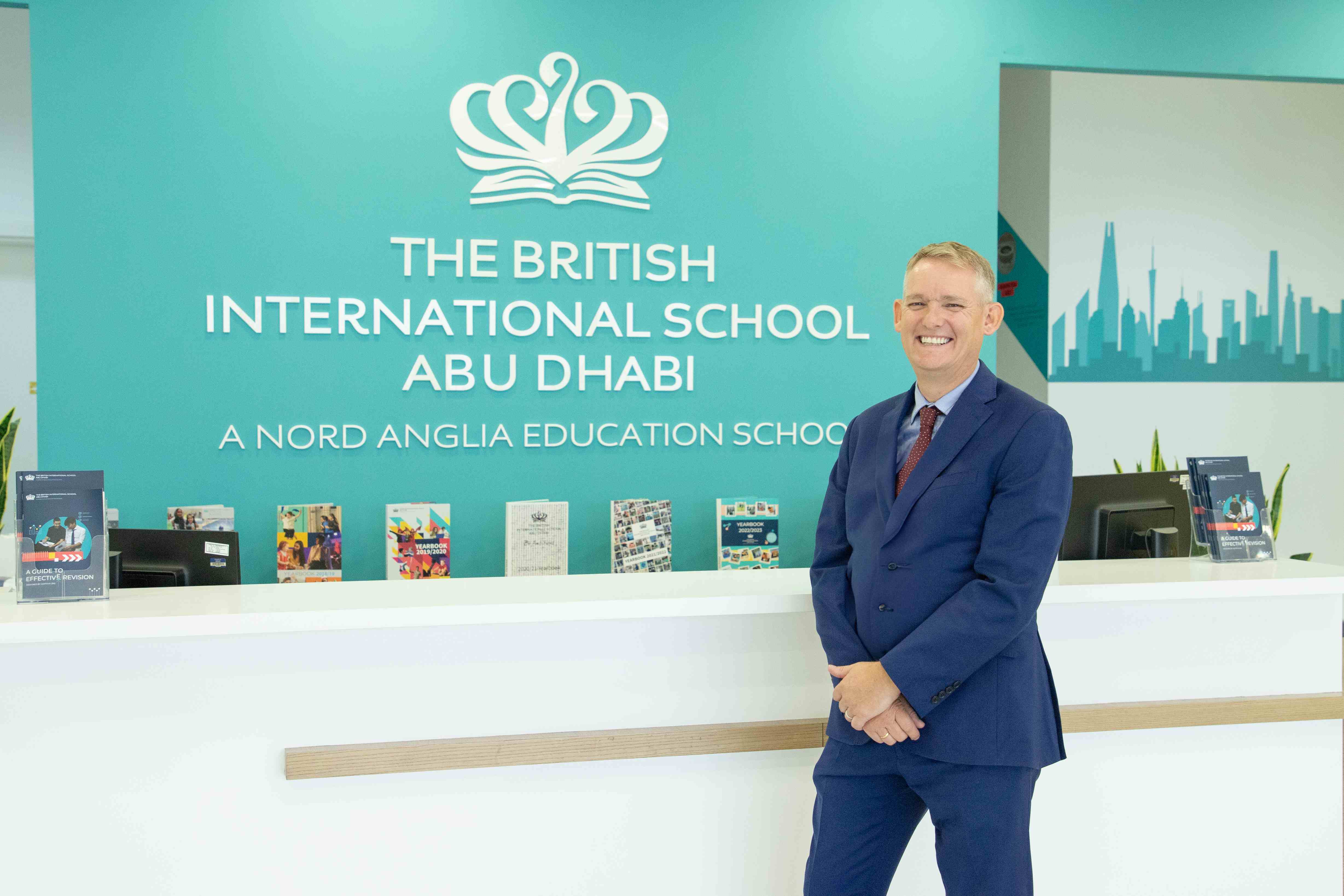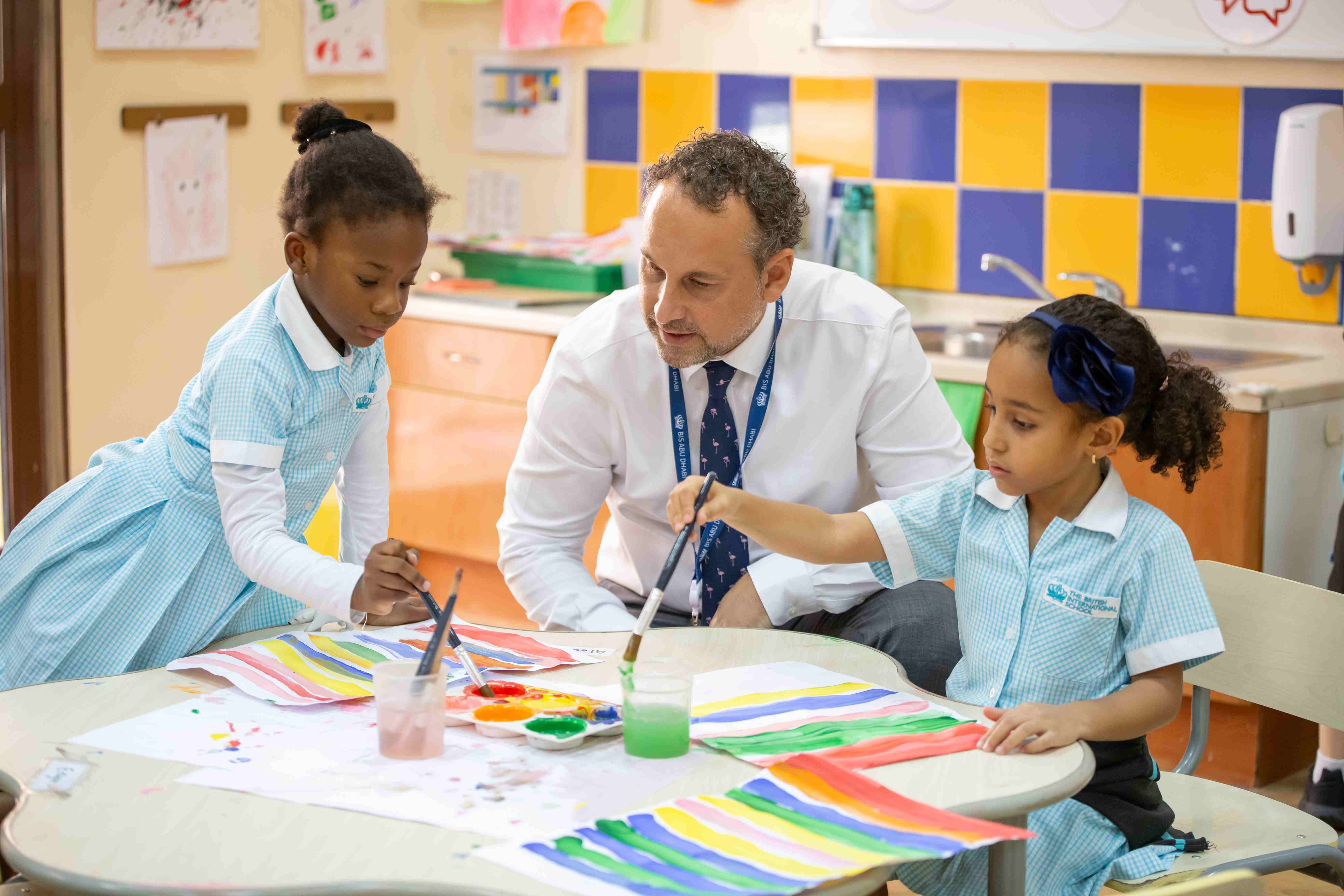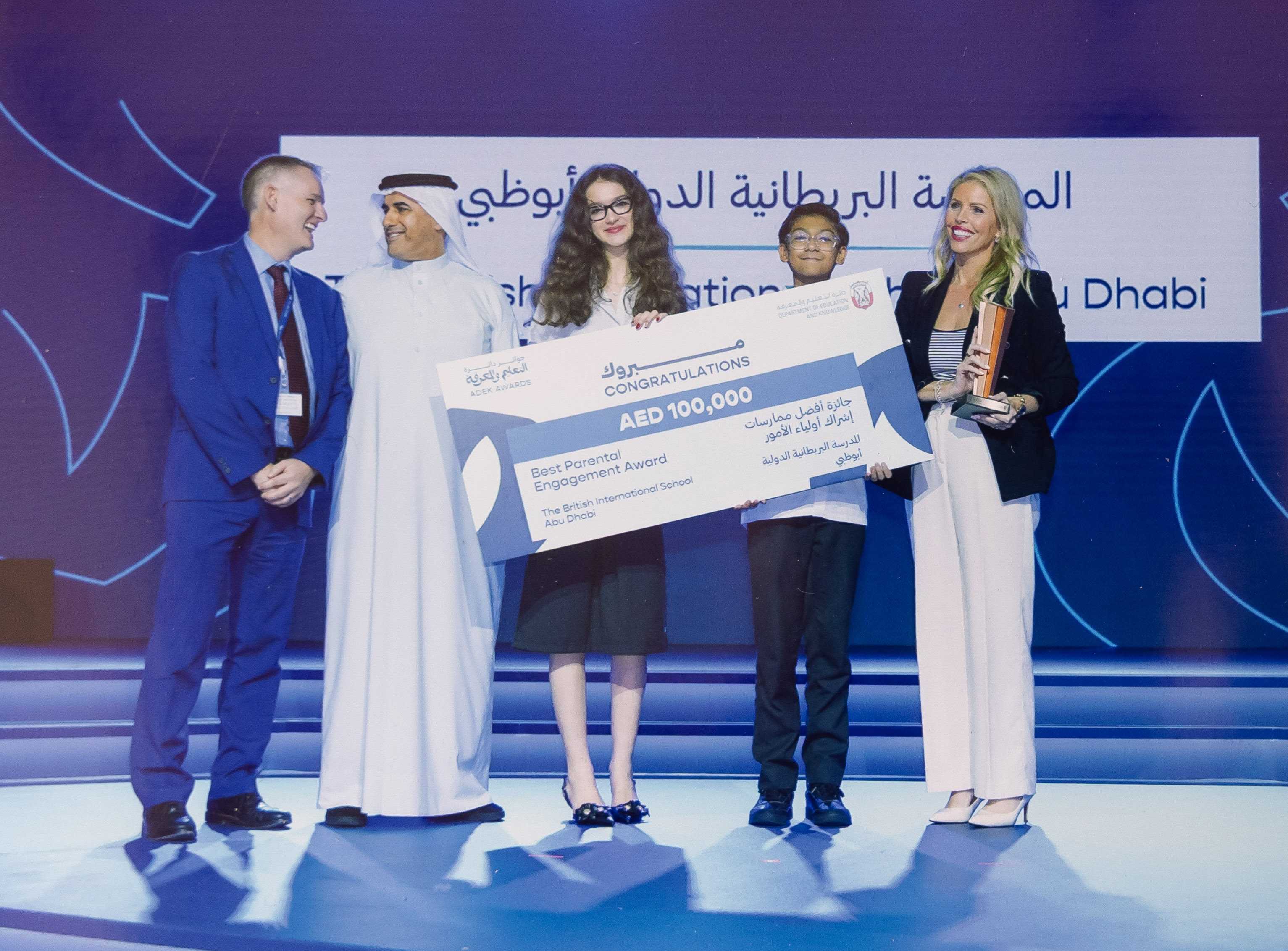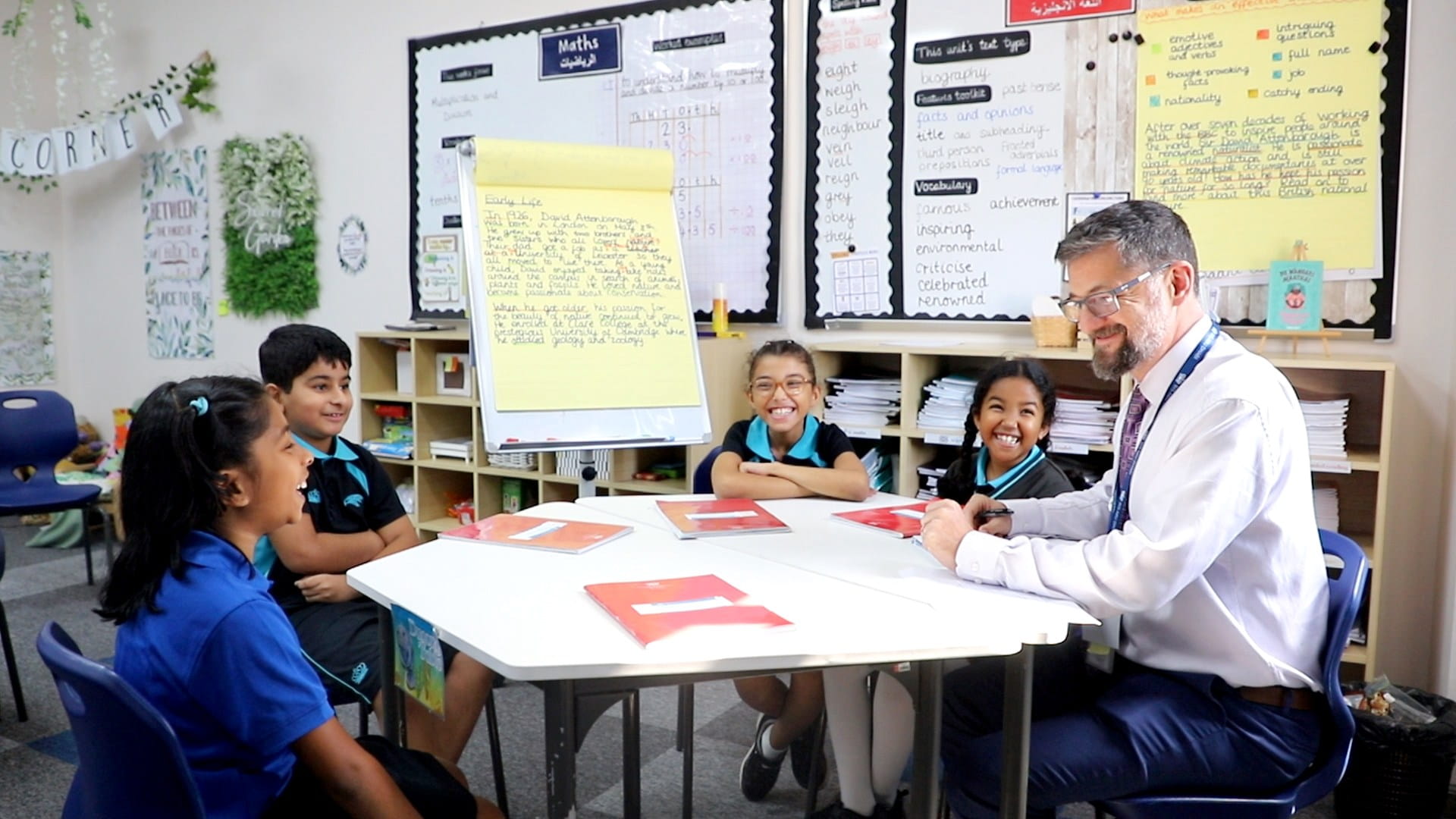The author of Attitudes of Gratitude, M.J. Ryan, highlights this by suggesting practicing gratitude is a simple way to experience a sense of well-being and contentment on an ongoing basis. She likens experiencing gratitude to giving ourselves a dose of “mental sunshine.” In essence, she suggests that when we reflect on the things we are grateful for, we literally bathe ourselves inwardly in good hormones.
Simply shifting from what’s wrong to what’s right.
The approach of looking at our glasses as half full as opposed to half empty doesn’t come naturally to most of us, it takes wilful repetition. Ways in which gratitude can be exercised includes; gratitude journalling – writing down things you are thankful for, acts of kindness – encouraging your children to do nice things for others no matter how big or small, and reflection and discussion - engaging in conversations around experiences and challenges that have been overcome as individuals or families. However, the most important approach is modelling - when encouraging our children to have a positive mindset and one of gratitude. We as parents and school staff must be a daily example of this, or our words can become tokenistic in nature, lacking validity. As adults, we sometimes work on the principle of do as I say, not what I do. Simply put, it is important to model the behaviour and approach to life which you aim to see.
As we have entered 2024, here at BIS Abu Dhabi we hope that the power of honesty, kindness and respect can be imparted to every single student that walks through our doors, and that in 2024 despite the individual highs we will face and challenges we will have to overcome, each student takes a step closer to being the best version of themselves in every capacity. As such, it is believed this starts with positive self- reflection and displaying an attitude of gratitude.
Caleb Questel & Liz Ann Matthew
School Counsellors








.png?rev=1619813b30a347d9bc71977e2cfe09d2&hash=66B98CDC659BBF07EB36660B4381E1E7)